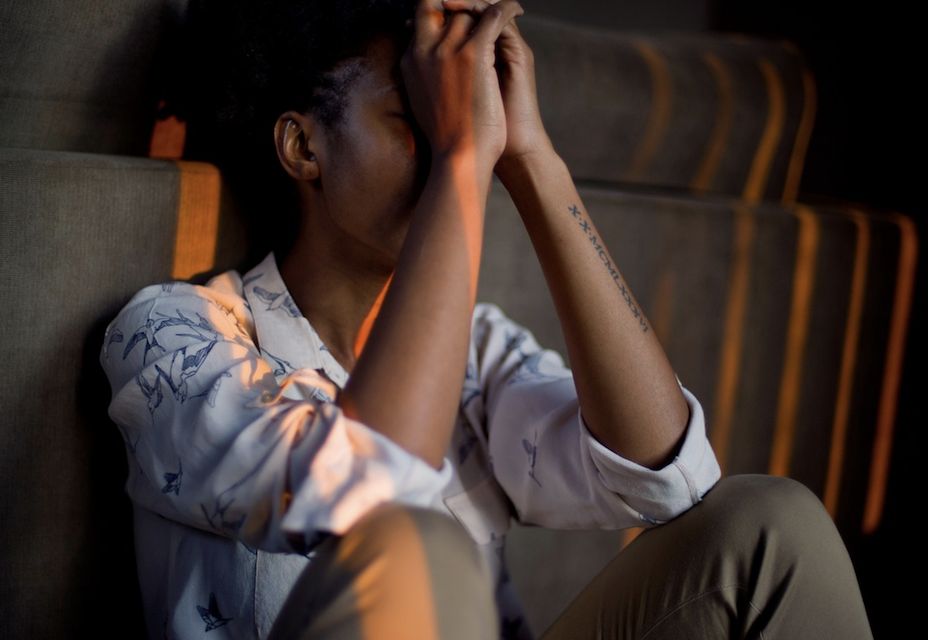Self-Care During the Holidays

The holidays are upon us! For many people, the holidays are a joyous time to enjoy the company of family and loved ones, but for many of our clients and for domestic violence survivors, the holidays can be an exceptionally difficult time. The holidays can be a time of isolation, memories of past holidays (good or bad), limited resources, and stress over buying gifts, food and more. Memories of trauma can be more salient during this time, and many survivors experience increased trauma triggers and symptoms. Many survivors have strained relationships with family, and this can be intensified during the holidays when there is so much pressure to be with family. Some survivors may have shared visitation with their abusive ex-partner, so time with children on the holidays may be limited, and sometimes there is abuse and manipulation that happens during the process of exchanged visitation with the children. Taking into consideration these many complex layers, it is important to take care of yourself during this upcoming holiday season.
Taking care of yourself and your children during this holiday season:
- First and foremost, think of your safety.
Make sure you have a safety plan in place during the holidays, and at all times if you are living with or spending time around an abusive partner. - Remember that your feelings are valid.
Remember that you are important and that you need to take care of yourself in order to be able to care for others. The feelings you are experiencing are normal: anxiety, stress, depression, and isolation are not uncommon during the holidays and you are not the only one experiencing this. - Take time for you.
During difficult times, it can be helpful to read, meditate, play music, or whatever you do personally to relax and manage symptoms. Create a peaceful space for yourself – designating a physical place where your mind can relax and feel safe can be a good option when working through challenging emotions. - Be kind to yourself.
Remind yourself of your value and be assertive with others about your needs. You are important and special, and recognizing and reminding yourself of this is beneficial to your emotional health. Taking time to practice self-care every day, even if it is only for a few minutes, creates significant space for peace and emotional safety. Write something positive about yourself everyday to create your own personal affirmations. - Set boundaries if needed.
You get to decide if you want to spend time with family, and how much time you spend. Spend time with family, friends, people who make you feel good and provide positive support. If you need a break from family, consider starting some new traditions with your children that provide you with comfort during the holiday season. Have a family game night, decorate cookies or have a movie night and watch holiday movies! - Practice healthy habits.
Remember to eat nutritional foods. This can be tricky with all of the rich foods we typically have around the holidays! Listen to your body and get regular rest and sleep. Try not to find comfort in excessive use of alcohol or food – it only serves to increase depression and anxiety symptoms. If you can, avoid excessive shopping and impulse buying. This can be hard around the holiday season, so find a way that works for you to maintain your budget. Incorporate exercise into your daily routine, or take a walk for sunshine and fresh air. - Set the expectation that you may experience stress.
Try not to overbook yourself with holiday activities, family time, appointments or other activities. If you need, take time to prepare yourself emotionally before entering stressful situations like talking with your partner, dropping off children or spending time with family. If you will be around or communicating with an abusive partner, determine the safest way to do so. - Lean on your support system.
If you are having a difficult time or thinking of returning to a potentially abusive situation, discuss an alternative plan with someone you trust. Reach out to your support system if needed – your counselor, friend or anyone who you identify as a healthy support for you. A healthy support will boost you up, give you energy and allow you to be yourself.
Written by Delana Baker, director of residential services at Genesis Women’s Shelter.
